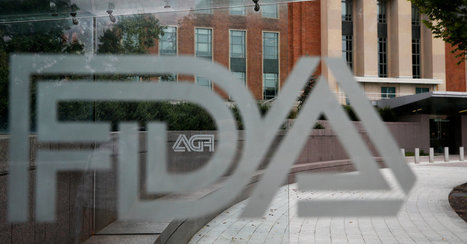Abbott Laboratories won Food and Drug Administration emergency clearance for its portable test for Covid-19 that will sell for just $5 and allow for “frequent mass testing” in schools and workplaces, the company said. The FDA’s “emergency use authorization” awarded to Abbott’s “BinaxNOW Covid-19 Ag Card” rapid test could be a game-changer given it turns around results within 15 minutes and could be administered in schools, workplaces and other sites. Such a test, which still requires a nasal swab by a health professional, is akin to a pregnancy test in its use of “lateral flow technology” and is about the size of a credit card. “With no equipment required, the device will be an important tool to manage risk by quickly identifying infectious people so they don't spread the disease to others,” Abbott said in announcing the FDA’s emergency use authorization. It’s the latest diagnostic test for Covid-19 that Abbott has developed. The company in March received an FDA emergency use authorization for the Abbott ID NOW Covid-19 rapid molecular “point-of-care” diagnostic test that can be used in temporary screening locations, doctor’s office labs and nursing homes to detect the Coronavirus strain COVID-19 within a half hour. But BinaxNOW is different than IDNow in that it requires “no instrumentation,” Abbott said. And the new BinaxNow includes a companion mobile app Abbott will launch for iPhone and Android devices and make available at no charge called NAVICATM” that quickly displays test results.
"The massive scale of this test and app will allow tens of millions of people to have access to rapid and reliable testing," Joseph Petrosino, professor and chairman or molecular virology and microbiology at the Baylor College of Medicine in Houston said in a statement provided by Abbott. "With lab-based tests, you get excellent sensitivity but might have to wait days or longer to get the results. With a rapid antigen test, you get a result right away, getting infectious people off the streets and into quarantine so they don't spread the virus." Abbott said the new BinaxNOW tests will begin to be shipped by the end of the month with the company expecting to produce 50 million such tests a month by October. "We intentionally designed the BinaxNOW test and NAVICA app so we could offer a comprehensive testing solution to help Americans feel more confident about their health and lives," Abbott president and chief executive Robert Ford said. "BinaxNOW and the NAVICA app give us an affordable, easy-to-use, scalable test, and a digital health tool to help us have a bit more normalcy in our daily lives."



 Your new post is loading...
Your new post is loading...









